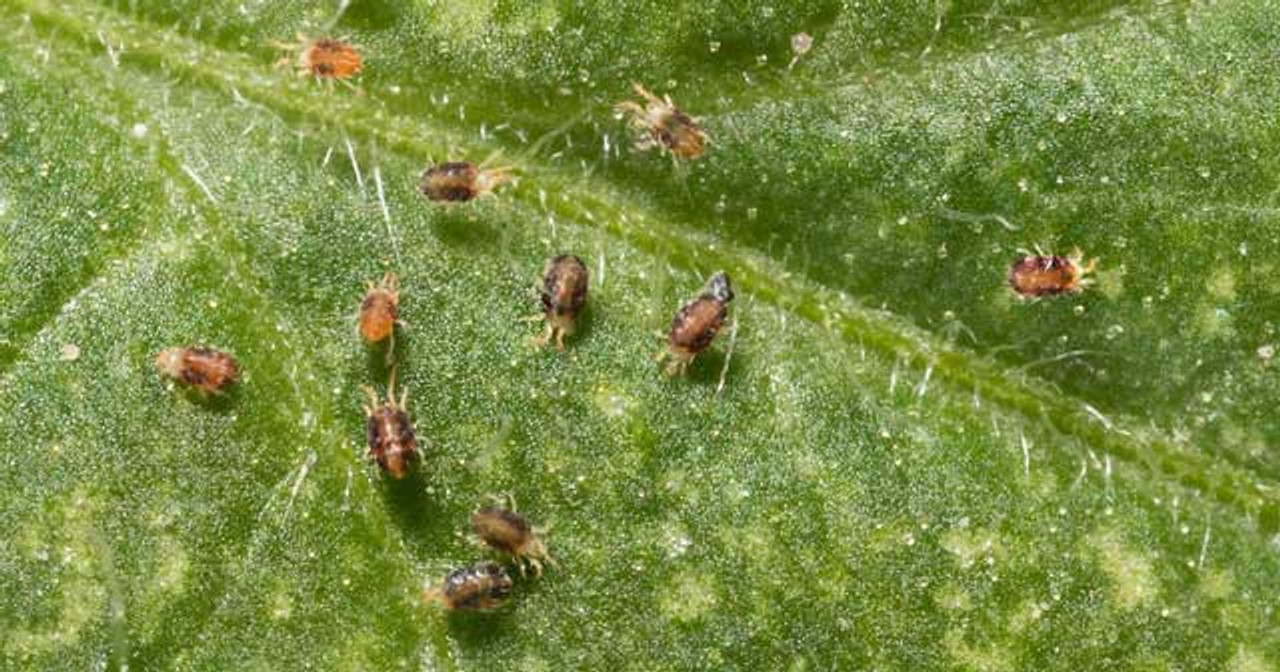Spider mites are tiny, sap-sucking pests that can wreak havoc on your garden, especially on delicate plants like roses and various vegetables. Among the multitude of strategies for dealing with these unwelcome invaders, one of the most effective and natural methods involves utilizing rosemary, a fragrant herb renowned not only for its culinary uses but also for its pest-repellent properties.
In this article, we will explore the science behind using rosemary as a deterrent for spider mites, effective application methods, and the benefits of integrating this herb into your pest management routine.
Understanding Spider Mites and Their Threat
Spider mites, belonging to the Tetranychidae family, are prevalent in warm, dry environments. Their sheer population growth can escalate rapidly, making them difficult to control once established. These minuscule arachnids puncture plant tissue, leading to stippling on leaves, which can ultimately result in leaf drop and reduced plant vitality.
In addition to causing direct harm, spider mites excrete a fine web that can envelop plants, creating an environment that encourages further mite populations as well as other pests. The challenge of spider mites extends beyond simple removal; it’s essential to prevent their resurgence. This is where incorporating rosemary can be a game-changer.
The Repellent Properties of Rosemary
Rosmarinus officinalis, commonly known as rosemary, contains a plethora of essential oils such as camphor and 1,8-cineole, which attract beneficial insects while repelling nuisances like spider mites. These compounds disrupt the life cycle of the mites and inhibit their feeding behaviors. The scent of rosemary is not only pleasant for human senses but is also a natural deterrent for many pests.
Extensive research supports rosemary’s efficacy as a botanical pesticide. Its active constituents can cause behavioral changes in spider mites, reducing their population significantly when used correctly. Employing rosemary in pest management does not only provide a non-toxic alternative; it also enriches the garden environment with its aromatic presence.
Preparing Rosemary Solutions for Spider Mite Control
There are various methods to utilize rosemary effectively against spider mites. Two of the most common approaches include crafting rosemary oil sprays and infusions. Here is a detailed guide on how to prepare these solutions:
Rosemary Essential Oil Spray
1. Gather your ingredients: rosemary essential oil, distilled water, and a gentle liquid soap (like castile soap) to act as an emulsifier.
2. In a spray bottle, mix approximately 2 teaspoons of rosemary essential oil with 1 quart of distilled water. Add a few drops of soap to help disperse the oil evenly.
3. Shake the mixture thoroughly to ensure proper emulsification and create an even spray.
4. Apply this solution directly to affected plants, focusing on the undersides of leaves where spider mites frequently reside. Reapply every few days, especially after rainfall or watering.
Rosemary Herbal Infusion
1. Harvest fresh rosemary sprigs or purchase dried rosemary from a store.
2. Place a handful of rosemary (or 1-2 tablespoons of dried rosemary) in a pot and cover it with 1 quart of water.
3. Bring the mixture to a gentle boil, then reduce to a simmer for about 30 minutes, allowing the rosemary to infuse the water.
4. Afterward, strain the liquid into a spray bottle, ensuring that no solid particles remain. Let it cool before use.
5. Spray directly onto the plants, ensuring complete coverage, similarly to the essential oil spray. This infusion can be used every few days as needed.
Incorporating Rosemary into Your Garden
Beyond its role as a pest deterrent, planting rosemary in your garden offers multiple advantages. This perennial herb attracts beneficial insects, such as predatory mites and ladybugs, which further help in controlling pest populations naturally. Additionally, rosemary requires minimal care and can thrive in various planting environments, proving to be a versatile addition to your garden.
Another beneficial approach is intercropping. Planting rosemary alongside crops that are susceptible to spider mites, like tomatoes or peppers, can create a protective border, making it harder for pests to establish themselves. The aromatic compounds emitted by the rosemary may serve as olfactory barriers, disorienting pests while enhancing the overall biodiversity of your garden.
Benefits of Natural Pest Control with Rosemary
Utilizing rosemary for spider mite control aligns perfectly with organic gardening principles. It represents a commitment to health and sustainability. By adopting non-toxic methods, you protect pollinators and beneficial insects while ensuring the safety of your plants and ultimately yourself.
Additionally, natural solutions like rosemary can diminish the chances of developing pest resistance that often accompanies chemical pesticides. This ever-important aspect maintains a balanced ecosystem within your garden, fostering resilience and vitality for the long term.
Conclusion: Embrace the Power of Rosemary
In summary, employing rosemary as a natural method for managing spider mite infestations is both an ethical and effective choice. Understanding these tiny pests and integrating rosemary into your gardening practices equips you with the tools needed to sustain your garden’s health. By combining preventative measures and active pest management, you can cultivate a thriving garden that not only flourishes but also resists the persistent threat of spider mites. With rosemary as your ally, nature can help you maintain healthy plants and a flourishing garden ecosystem.




Leave a Comment